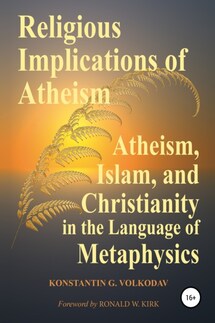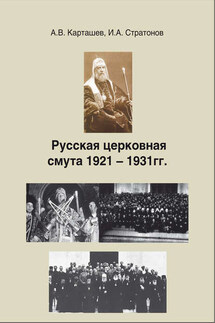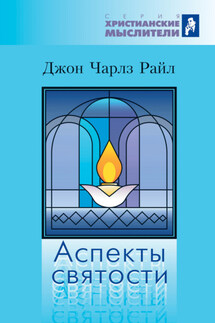Religious Implications of Atheism - страница 33
The struggle against religion in the Old Testament sometimes took very harsh (“inhumane”, as we would say today) forms, but this was due to the exigencies of the situation. During an epidemic of plague or cholera, they do not always act humanely, and at that time, apparently, the situation was even worse. This is evidenced by the fact that despite all the strict measures, ten of the twelve tribes of Israel nevertheless separated and became half-pagans, and the rest of the house of David two tribes (Judah and Benjamin) are often inclined in idolatry.
The Bible repeatedly states that God opposes religion. Deities of any religion will not reject prayers, feasts, sacrifices, burn incense and other religious rituals in their honor. And through the prophet Isaiah, a completely different thing is proclaimed to the inhabitants of Jerusalem:
“What to me is the multitude of your sacrifices? says the LORD; I have had enough of burnt offerings of rams and the fat of fed beasts; I do not delight in the blood of bulls, or of lambs, or of goats. When you come to appear before me, who asked this from your hand? Trample my courts no more; bringing offerings is futile; incense is an abomination to me. New moon and sabbath and calling of convocation—I cannot endure solemn assemblies with iniquity. Your new moons and your appointed festivals my soul hates; they have become a burden to me, I am weary of bearing them. When you stretch out your hands, I will hide my eyes from you; even though you make many prayers, I will not listen; your hands are full of blood. Wash yourselves; make yourselves clean; remove the evil of your doings from before my eyes; cease to do evil, learn to do good; seek justice, rescue the oppressed, defend the orphan, plead for the widow” (Is. 1:11–17).
Likewise, no deity of any religion will condone the destruction of its only temple (even by the hands of the Gentiles). The Jerusalem temple was the center and heart of the entire religious life of the Jews. Despite this, God twice allowed the Gentiles to destroy it. God was not worried so much about the destruction of the temple as about the hypocrisy of its servants. There is no such thing in any religion.
On the other hand, the Bible shows that religion opposes to God: “Jerusalem, Jerusalem, the city that kills the prophets and stones those who are sent to it! How often have I desired to gather your children together as a hen gathers her brood under her wings, and you were not willing!” (Matt. 23:37; Luke 13:34). All the hatred and all the anger that people are only capable of in relation to God was focused in the decision of the Jewish religious leaders to crucify God incarnate. This is evidenced by the parable of the evil winegrowers (Mark 12:1–12; Luke 20:9–19) and many other similar passages in the Bible.
To this we can add that in no religion does God say to people: “You are my friends” (John 15:14). And in the Bible this is the main idea, and the main priorities in it are “clean heart” (Ps. 51:10) and sincere love for God and neighbor (Matt. 22:37–40), and not at all religious rituals. Abel and Cain were brothers and made the same (in a religious sense) sacrifice. However, God’s attitude to one and the other was opposite. “The hour is coming when you will worship the Father neither on this mountain nor in Jerusalem . . . But the hour is coming, and is now here, when the true worshipers will worship the Father in spirit and truth, for the Father seeks such as these to worship him. God is spirit, and those who worship him must worship in spirit and truth” (John 4:21,23–24). This is no longer religious worship, but something more. The main question that God asks man (all of humanity) is, “Do you love me?” (John 21:15–17). And where there is love, there is liberty (including liberty from religion).






